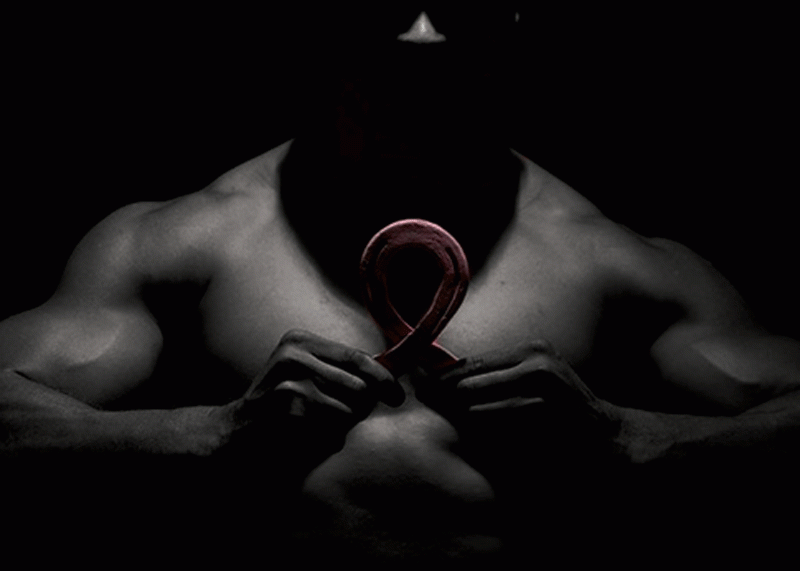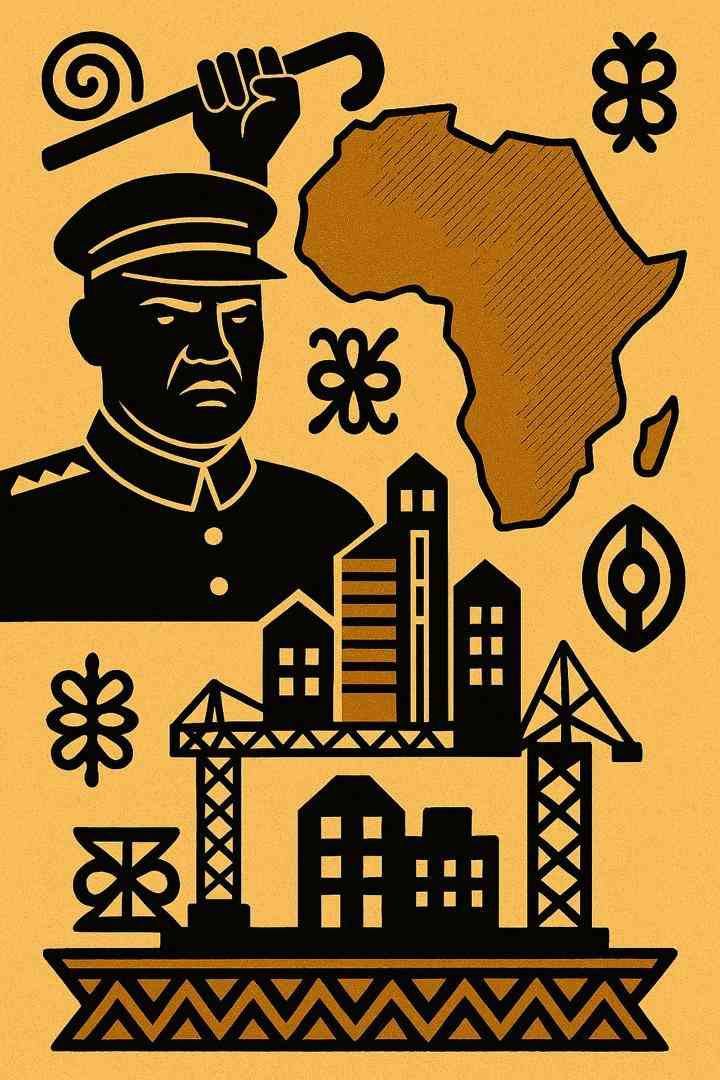
SEPTEMBER marked the beginning of a revitalised focus on prostate cancer — the number one cancer affecting Zimbabwean men. As breast cancer awareness month kicks off this October, Talk Cancer Zim is reminding people that men are also at risk and should not be left out in the ongoing conversations. Statistics showed that about one in eight women will develop invasive breast cancer over the course of her lifetime, leading to it being seen primarily as a women’s disease.
But, that view unintentionally creates a health disparity for men who have a lifetime risk of developing breast cancer sitting at about one in 833. Men often face barriers to diagnosis and treatment due to lack of awareness among the general public, policymakers and even health workers. The outlook is bright if diagnosis occurs in early stages. However, it is not always possible since there is usually diagnosis delay due to lack of awareness. This lack of awareness creates an inability for doctors to diagnose men because when they see the symptoms, they don’t immediately think of breast cancer as being a potential cause.
Because breast cancer in men is so rare, a man might ignore any symptoms and postpone seeing his general practitoner or visit a health facility. In some cases, this may mean that the cancer is already at a later stage when it’s diagnosed. The sooner breast cancer is diagnosed and treated, the better the outcome may be, so it’s important to get the following symptoms checked out as quickly as possible.
Signs and symptoms
- A painless lump close to the nipple (most common symptom)
- Fluid discharge from the nipple
- A change in the appearance of the nipple
- An inverted nipple
- A change in the shape or appearance of the breast, such as swelling or skin dimpling
- Change in the size of the breast
- Pain in the breast
- Redness or scariing of skin on the breast or nipple
- Lumps in the armpit (axilla)
The exact causes of breast cancer in men are not fully understood, but certain factors may increase the risk. These include:
Age
A man’s risk of developing breast cancer increases with age although men of all ages can be affected.
Genetics
- Male breast cancer: The untold story
Keep Reading
Men who carry an inherited BRCA1 or BRCA2 gene mutation, or who have a strong family history of breast cancer are at an increased risk of developing breast cancer.
Higher oestrogen levels
All men’s bodies produce a small amount of the female hormone oestrogen, as well as male hormones such as testosterone. Men who have higher than normal levels of oestrogen may be at an increased risk of developing breast cancer. Oestrogen levels can be higher in men who:
- are overweight or obese (because fat cells produce oestrogen)
- have long-term liver conditions such as cirrhosis
- have some genetic conditions, such as Klinefelter’s syndrome.
Radiation
People who have had previous radiotherapy treatment to the chest, for example to treat Hodgkin’s lymphoma (Hodgkin’s disease), may have a slightly increased risk of developing breast cancer. This increased risk is related to the long-term effects of radiation on normal healthy tissue, not because anything has gone wrong with the treatment.
Alcohol
Heavy consumption of alcohol increases the risk of cancers.
Everyone, men and women alike should know their risk of getting breast cancer, and if they are at risk, make sure they are proactive with screenings annually or genetic testing. Really, it’s about knowing your risk and what you can do to prevent it or get early detection, then prompt treatment which saves life .
When men are diagnosed with breast cancer in a very odd way, their masculinity and sexuality is questioned or challenged. In a way it is, therefore, important for men and women and especially parents to know that breast cancer does not just affect women.
Male breast cancer is usually ignored and the pink theme for breast cancer makes them feel excluded because pink is typically associated with women. I personally think that policies around breast cancer need to be considered without gender bias and I encourage health professionals to change their focus. Males have got breasts too!
Michelle C Madzudzo is a radiation therapist and Talk Cancer Zim founder







